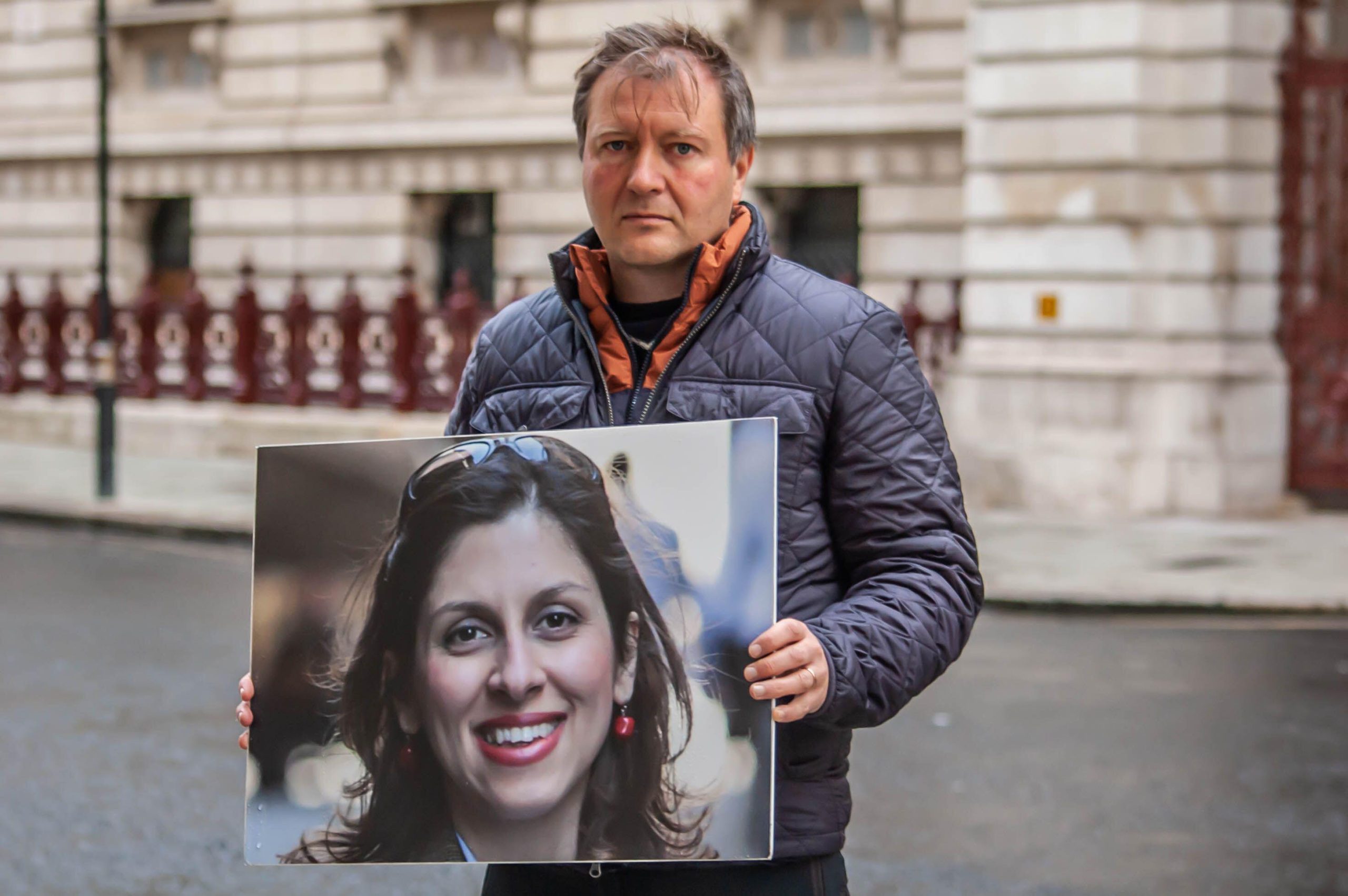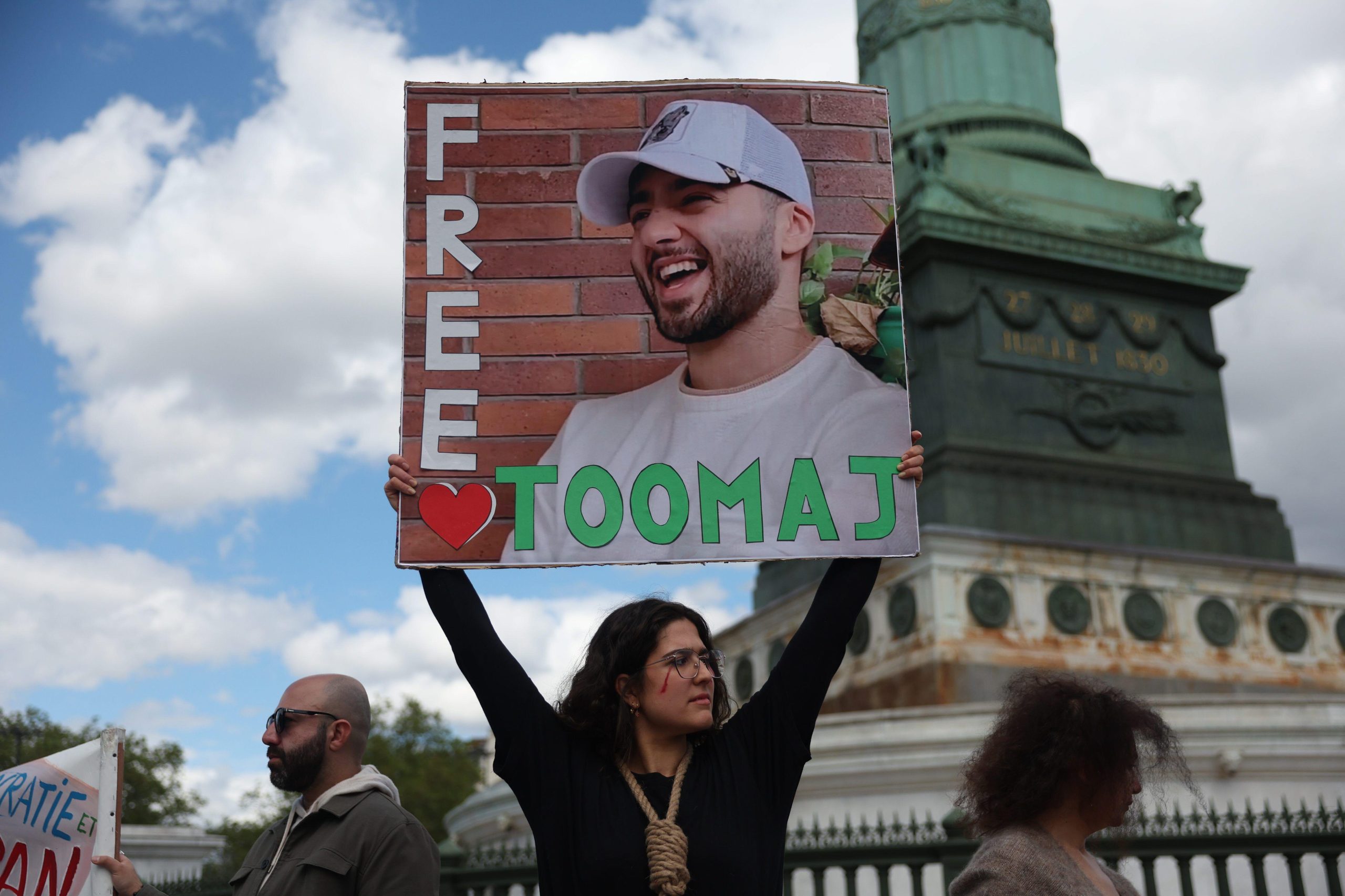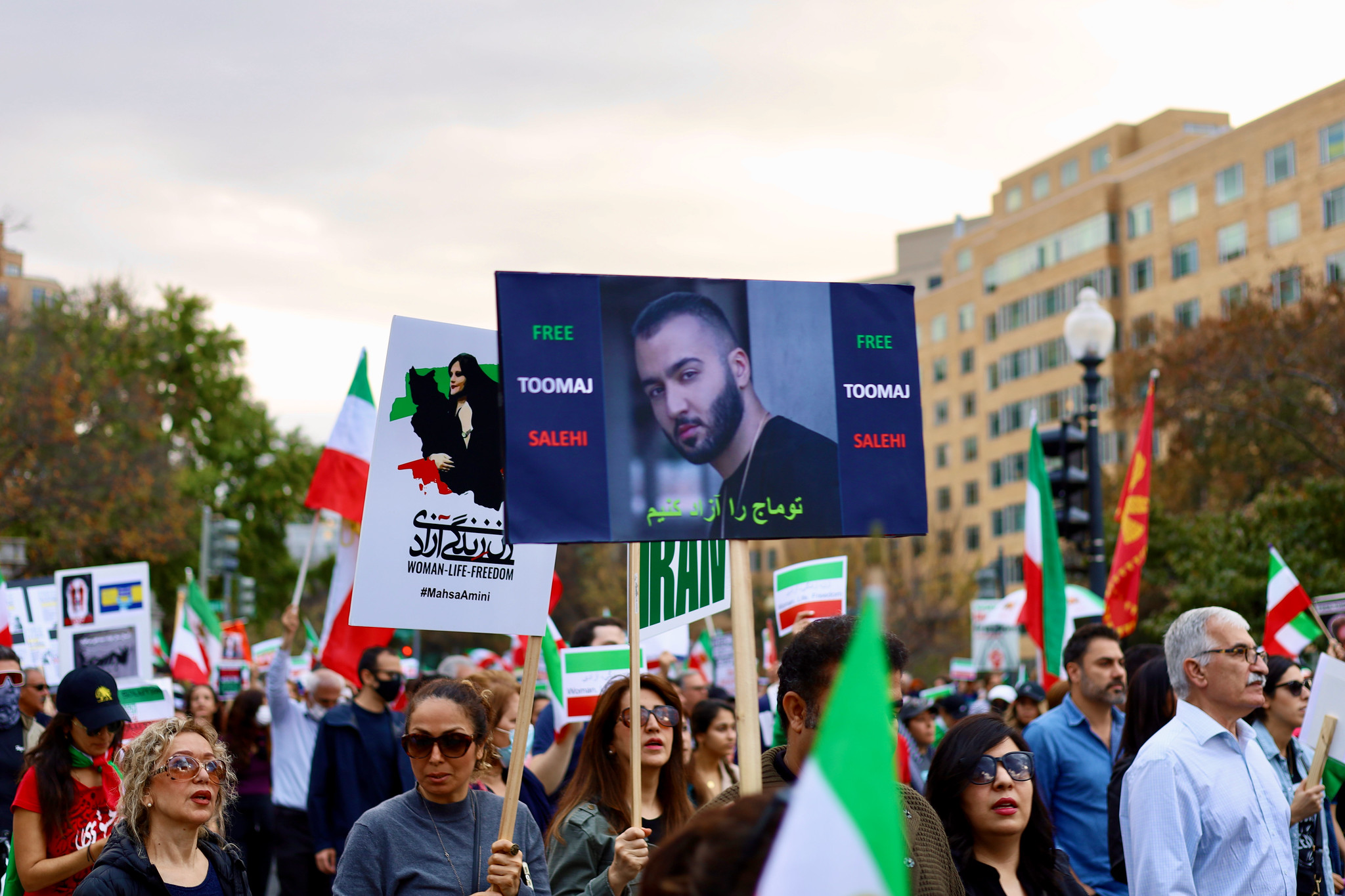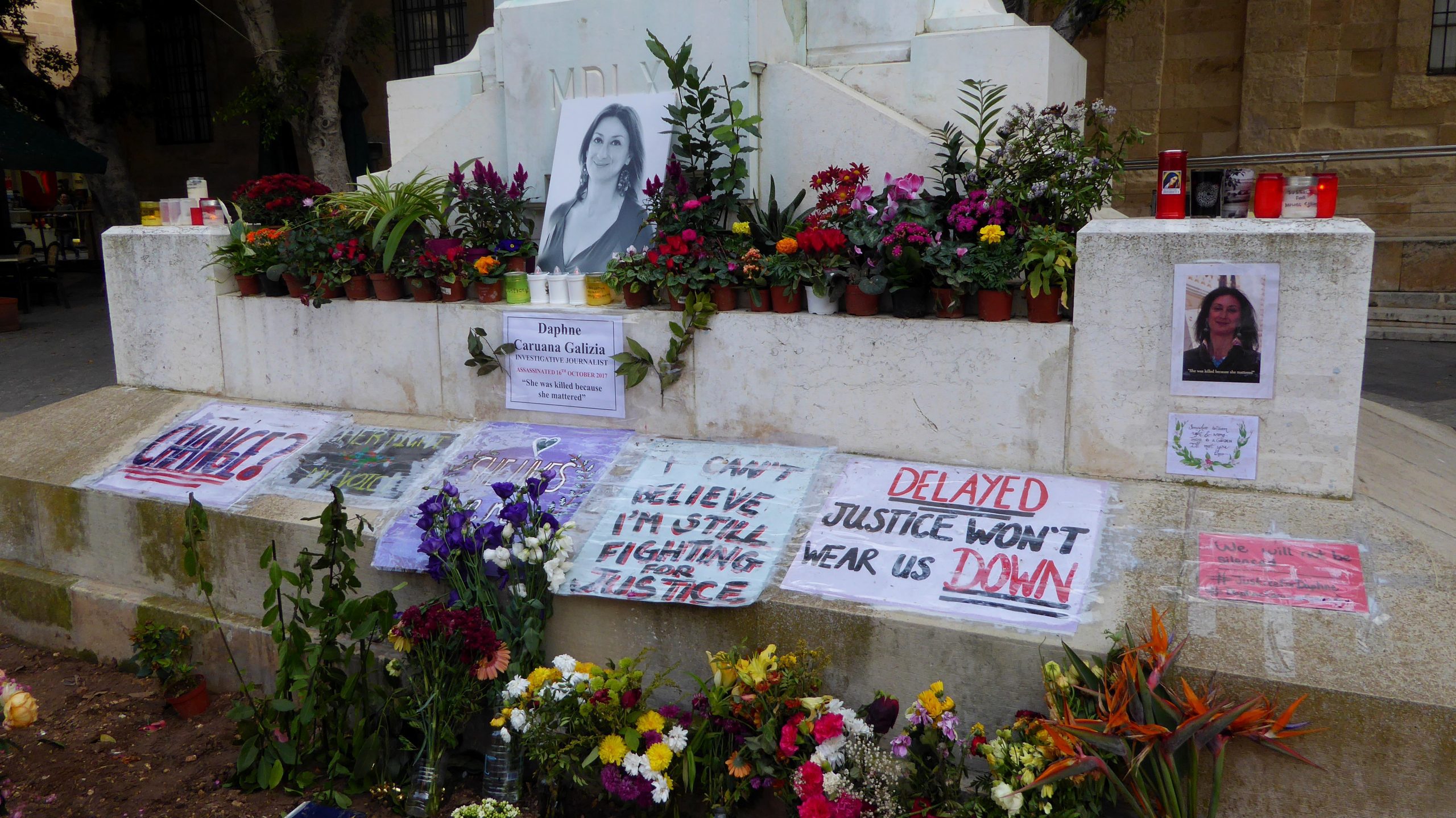Yesterday was Tunisia’s first National Day for Internet Freedom, the day also commemorates the death of cyber dissident Zouhaier Yahyaoui, who died seven years ago at the age of 37.
Via his website TUNeZINE, Zouhair criticised the corrupt and autocratic regime of former president Zeine El Abidin Ben Ali. Despite using a pseudonym Ettounsi (The Tunisian in English) he was tracked down and arrested on 4 June 2000 and a court in Tunis later sentenced him to two years in prison for “publishing false information”, “non-authorised use of an Internet connection” and “theft from an employer.”
In November 2003, as a result of international pressure, authorities granted him conditional release but Yahyaoui had already spent 18 months behind bars. He faced serious health issues after suffering torture and abuse during his imprisonment and on 13 March 2005 he passed away following a heart attack.
Yahyaoui won numerous international awards for his fight for net freedom. In his memory, and in recognition of his cyber activism, and his sacrifices for a more democratic Tunisia, 13 March is now the National Day of Internet Freedom in the country.
Since the 2011 uprising, Tunisia has come far when it comes to net freedom. Netizens are enjoying an uncensored web, and they are free to say whatever they want without fearing any government censorship, or repression. Restrictions on launching websites and obtaining domain names have also been loosened. But Tunisia is still “under surveillance” on Reporters Without Borders’ “enemies of Internet List”.
Indeed, a military order issued in May, 2011 demanding the filtering of Facebook pages criticising the army (the pages are no longer censored now for technical constraints), and the legal action taken to force the Tunisian Internet Agency (ATI) to filter pornographic content on the web have launched a heated debate about whether red lines should be drawn for net freedom. Earlier this year Tunisian President Moncef Marzouki said:
There should be red lines limiting freedom of speech…these red lines should not be used as pretexts for censorship…the lines should be debated and accepted by all
In an interview given to Index on Censorship, Moez Chakchouk, CEO of the Tunisian Internet Agency admitted that there have been demands to filter around 50 FaceBook pages for “defamation”, and for “spreading false information”.
While Tunisia celebrates its first national day for net freedom, the fight for an uncensored web seems far from over.




